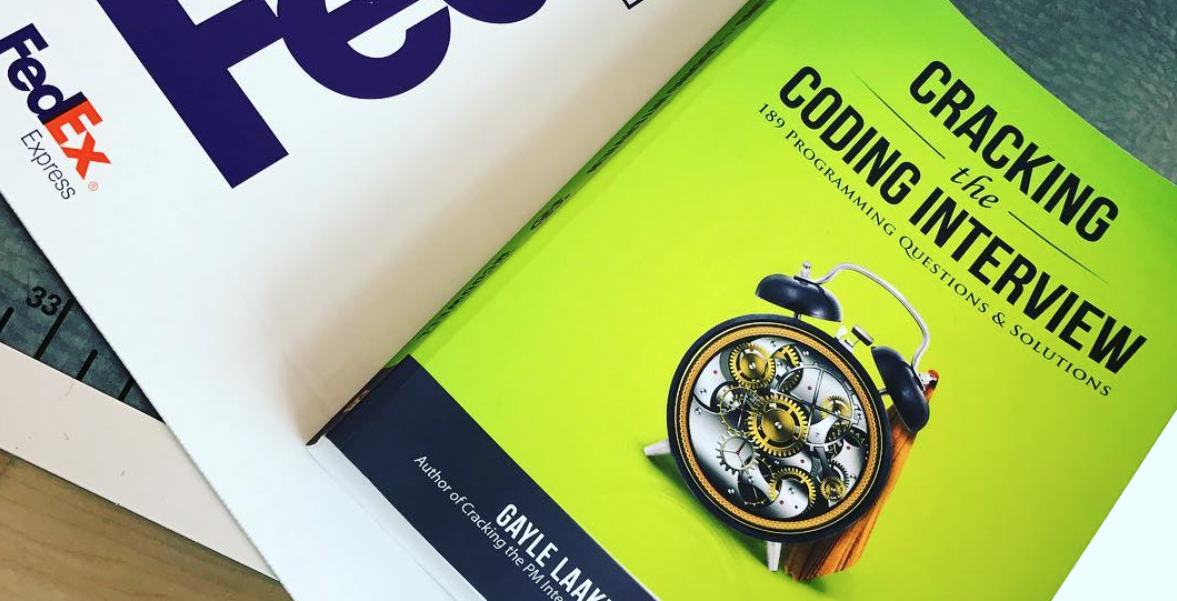We are going to go over a set of coding and whiteboard problems that would be asked during a coding interview. I’m drawing these problems from LeetCode and Cracking the Coding Interview. They are a sample of the medium and hard problems that require a bit of thinking and and familiarity with some fundamental data structures in computer science.





